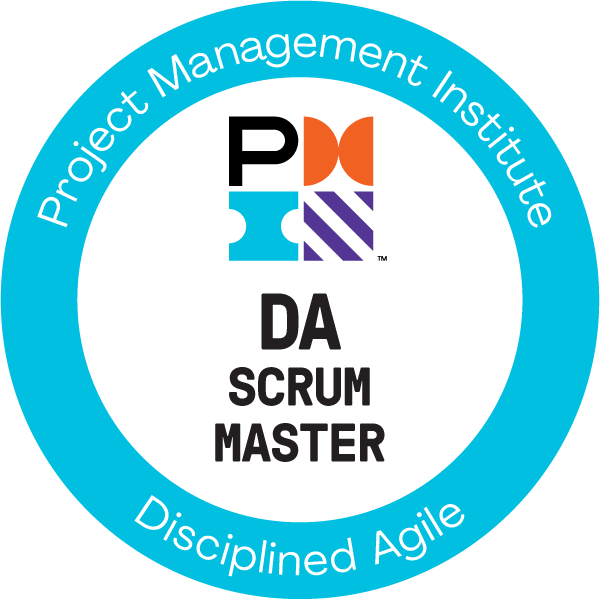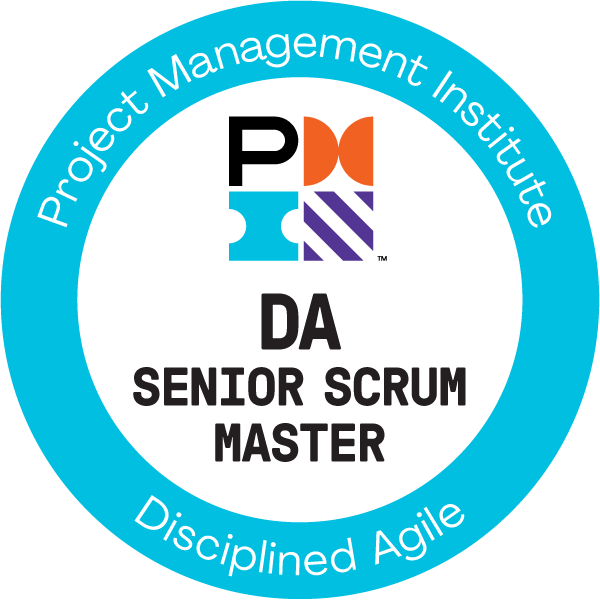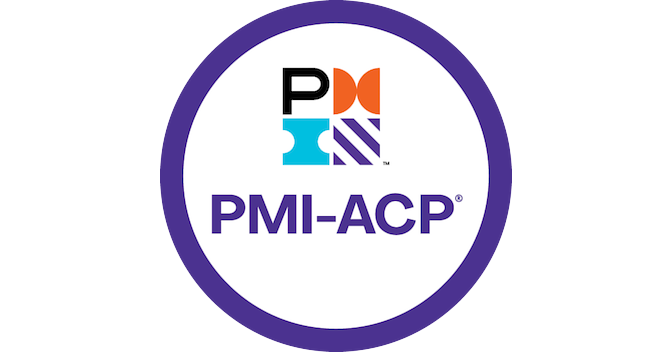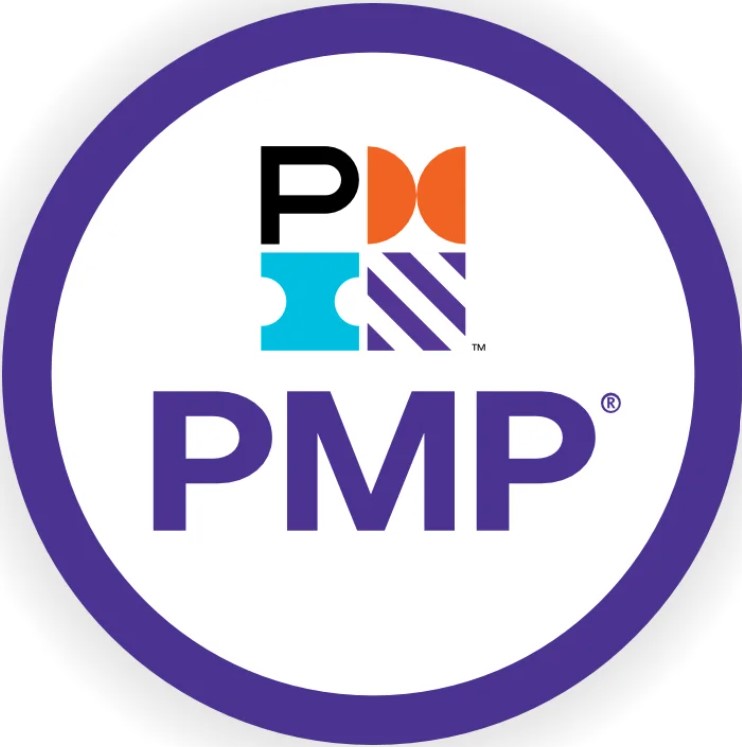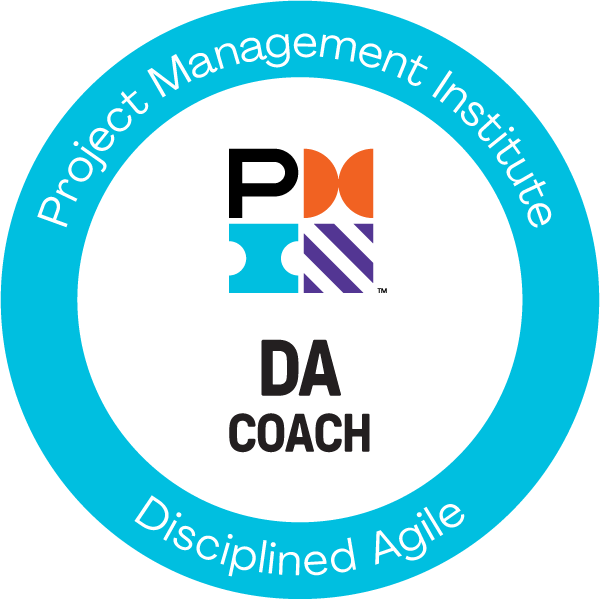Project Management Institute (PMI): A Leader in Agile Certification and Education
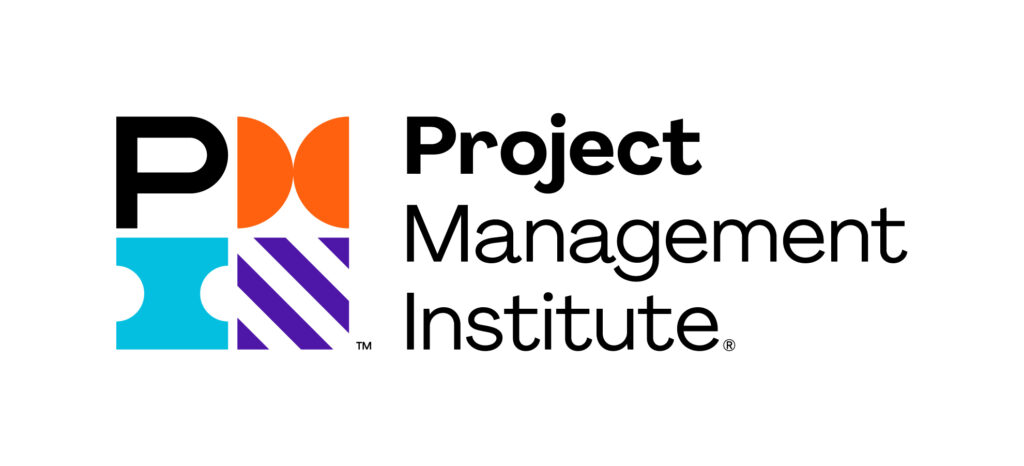
Introduction to PMI and Its Role in Agility
Overview
The Project Management Institute (PMI), founded in 1969, has become one of the most prominent organizations in the world for project management certification and training. Originally focused on traditional project management approaches, PMI has adapted to meet the growing demand for Agile frameworks by developing certifications that cater to the evolving needs of industries undergoing digital transformation. PMI, headquartered in Philadelphia, Pennsylvania, has a vast global network, with over 650,000 members and 305 chapters worldwide.
Positioning and Influence in Agility
PMI plays a pivotal role in shaping the future of Agile project management by offering globally recognized certifications such as the PMI Agile Certified Practitioner (PMI-ACP). This certification highlights PMI’s deep commitment to Agile methodologies, emphasizing its adaptability to various industries such as IT, construction, and finance. PMI’s certifications, including the PMI-ACP, are designed to address Agile practices and equip professionals with the skills to lead projects effectively in complex, fast-changing environments.
Evolution of PMI
While PMI started with a focus on traditional project management methodologies like Waterfall, the organization has embraced Agile frameworks in response to industry demand. The introduction of certifications like the PMI-ACP in 2011 marked a significant shift toward Agile education, cementing PMI’s reputation as a forward-thinking organization. PMI has expanded its offerings with digital courses and certifications, helping professionals and organizations stay competitive in a dynamic, Agile-focused world.
PMI’s Mission and Values
Mission and Core Values
PMI’s mission is to promote the advancement of project management by providing practitioners with the skills, knowledge, and certifications necessary to lead successful projects. Their core values include innovation, adaptability, continuous learning, and excellence. PMI is committed to fostering the growth of project management professionals by helping them navigate both traditional and Agile environments.
Engagement with the Agile Community
PMI is deeply committed to supporting the Agile community through events, such as the PMI Global Congress, and Agile-focused conferences. The organization also regularly publishes thought leadership articles, white papers, and industry research to advance the field of Agile project management. PMI’s PMI Talent Triangle focuses on the three critical areas for project managers: technical project management, leadership, and strategic and business management, with an increasing focus on Agile skills.
Importance of Certified Trainers and Coaches
PMI works closely with a network of PMI Registered Education Providers (REPs) who deliver Agile training and certification programs globally. PMI ensures that its certified trainers maintain a high standard of teaching, helping project managers and organizations implement Agile practices successfully. PMI also offers a variety of resources, including online courses, webinars, and learning communities, to support continuous education.
The Impact of PMI in the Agile Industry
Key Statistics
PMI has certified over 1 million professionals across its various certifications, with more than 30,000 PMI-ACP certifications issued globally. PMI’s global reach includes a presence in 190 countries, making it one of the most widespread project management certifying bodies in the world.
Reputation in the Industry
PMI is regarded as a top certification provider for Agile professionals. The PMI-ACP certification is widely respected for its comprehensive coverage of Agile principles and practices, including Scrum, Kanban, Lean, and XP (Extreme Programming). The PMI-ACP is particularly valued in industries such as software development, healthcare, and manufacturing, where Agile project management has become essential for maintaining a competitive edge.
Key Partnerships and Collaborations
PMI collaborates with industry leaders and companies such as IBM, Microsoft, and Deloitte to ensure its certifications meet the highest standards. These partnerships allow PMI to stay at the forefront of project management innovation, particularly in integrating Agile practices into large, complex organizations.
Case Studies and Success Stories
Case Study: IBM’s Agile Transformation
IBM, a global leader in technology, partnered with PMI to train its internal teams in Agile project management. Through the PMI-ACP certification, IBM experienced 30% faster delivery times for its software projects and improved team collaboration. This success was largely attributed to the integration of PMI’s Agile principles into the company’s development processes.
Measurable Impact
Companies such as Microsoft have reported significant productivity gains after certifying their teams with the PMI-ACP. By adopting PMI’s Agile practices, Microsoft was able to reduce project lead times by 20%, resulting in faster product releases and higher customer satisfaction.
Success Stories from Individuals
John Taylor, a project manager at IBM, completed his PMI-ACP® certification, which helped him lead Agile initiatives within the company’s software division. His team achieved a 30% improvement in sprint velocity, leading to faster software releases and higher client satisfaction.
Differentiation from Competitors
Unique Strengths
PMI differentiates itself from other Agile certification bodies through its dual focus on both traditional project management and Agile methodologies. The PMI-ACP® certification covers a wide range of Agile frameworks, offering more flexibility than certifications focused solely on Scrum or Kanban. Additionally, PMI’s Disciplined Agile framework provides a toolkit for scaling Agile practices across entire organizations, allowing for a more customized approach.
Innovative Programs
PMI is constantly innovating to stay ahead of industry trends. The introduction of Disciplined Agile in 2019 allows businesses to tailor their Agile practices to fit their unique needs. Furthermore, PMI has expanded into areas such as Agile leadership and DevOps, providing certifications that address the broader application of Agile in modern organizations.
Additional Benefits
Unlike many Agile certification bodies, PMI offers renewal programs for its certifications, ensuring that professionals stay up-to-date with the latest developments in the field. PMI also provides access to an extensive global network of practitioners, making it easier for certified professionals to connect and share best practices.
The PMI Certification Process
How to Get Certified
To obtain a PMI-ACP® certification, candidates must have 2,000 hours of general project experience, along with 1,500 hours of Agile experience. They must then complete 21 contact hours of Agile education before sitting for the exam. The PMI-ACP® exam consists of 120 multiple-choice questions, covering various Agile methodologies and practices.
Certification Costs
The cost of PMI certifications varies by country and membership status. For PMI members, the PMI-ACP® exam fee is around $435, while non-members pay approximately $495. Membership provides additional benefits, including access to exclusive PMI resources and discounted rates for future certifications.
Support and Resources Available
PMI offers a range of resources to help candidates prepare for their certifications, including study guides, exam simulations, webinars, and access to PMI’s online community. Candidates can also take advantage of PMI’s extensive training network, which includes authorized training partners that provide both online and in-person courses.
Future Trends and Innovations
Upcoming Certifications and Program Evolution
PMI is at the forefront of adapting its certification programs to align with current market demands. The introduction of certifications such as PMI Disciplined Agile offers flexibility for organizations seeking to implement tailored Agile solutions that go beyond the traditional Scrum framework. PMI is also exploring new certifications in Agile Product Management, Agile Leadership, and DevOps, expanding its offerings to meet the needs of businesses integrating Agile into larger enterprise contexts. These certifications focus on scaling Agile methodologies to deliver more complex and adaptable project management solutions.
Responding to New Agile Trends
PMI continues to address evolving trends in the Agile ecosystem, such as Agile at scale and remote work practices. With an increasing focus on business agility and the incorporation of Lean principles, PMI is responding to the need for more comprehensive Agile frameworks that support large, distributed teams. This evolution is vital as organizations pivot toward hybrid work environments and need to optimize productivity across geographically dispersed teams.
International Expansion
PMI’s global expansion is evident as the organization strives to reach new markets. PMI certifications are now available in multiple languages, enabling professionals worldwide to access training and certification in their native languages. Regions such as Asia, Africa, and Latin America are experiencing rapid growth in demand for project management and Agile certifications, and PMI has responded by offering tailored programs and localized training sessions to support professionals in these areas.
Conclusion
PMI has established itself as a global leader in Agile certification by offering a range of programs that cater to professionals at all stages of their career. With comprehensive certifications such as PMI-ACP® and the Disciplined Agile Toolkit, PMI provides professionals with the tools they need to drive Agile transformations within their organizations. PMI’s approach integrates both traditional project management and Agile methodologies, ensuring a well-rounded skillset for professionals working in dynamic, modern environments.
